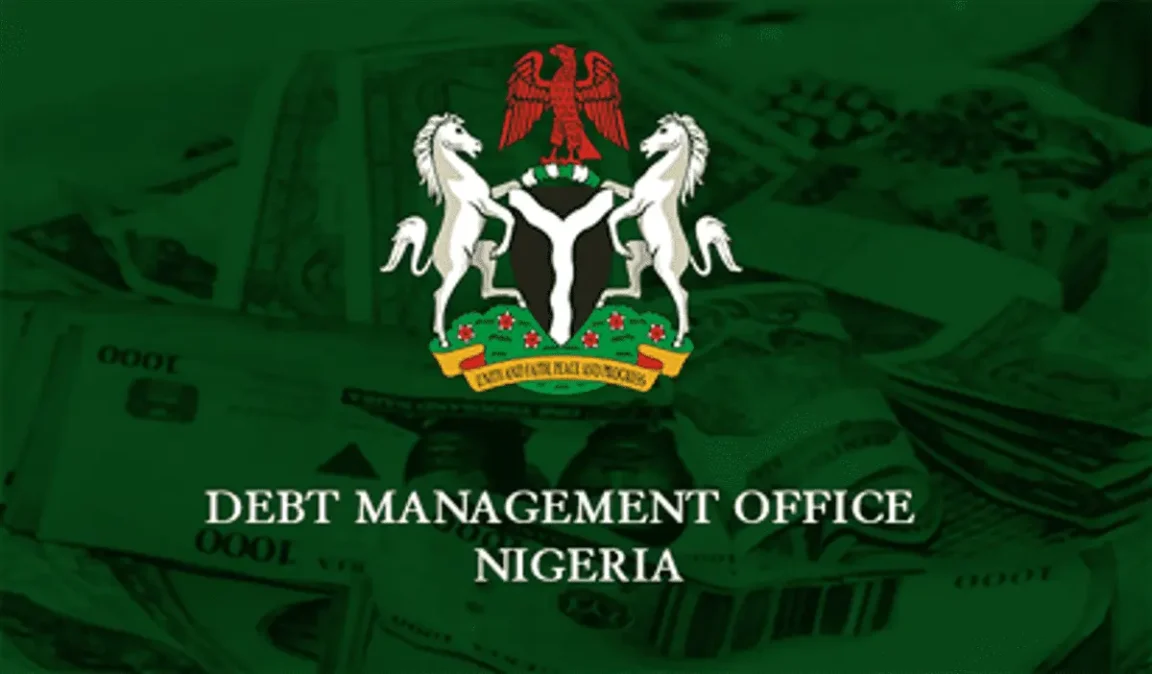Nigeria’s total public debt has climbed to N149.38 trillion in the first quarter of 2025, reflecting a N4.72 trillion increase from the N144.67 trillion recorded at the end of 2024, according to the Debt Management Office (DMO).
This marks a 3.3 per cent rise in the country’s debt burden, which comprises both domestic and external obligations of the federal and state governments, including the Federal Capital Territory (FCT).
A breakdown of the figures shows that domestic debt accounted for N78.75 trillion ($51.2 billion), while external debt stood at N70.63 trillion ($45.9 billion).
The federal government continued to shoulder the bulk of domestic borrowings, which surged to N74.88 trillion in Q1 2025, up from N70.40 trillion in the previous quarter.
In contrast, domestic debts owed by the 36 states and the FCT declined slightly to N3.86 trillion in March 2025, compared to N3.96 trillion in December 2024.
Despite the growing total debt stock, earlier figures had suggested progress in debt reduction at the subnational level.
A May 17 report by the National Orientation Agency (NOA) revealed that between June 2023 and December 2024, domestic debts of state governments and the FCT dropped significantly from N5.82 trillion to N3.97 trillion — a reduction of N1.85 trillion.
This was largely attributed to increased disbursements from the Federation Account Allocation Committee (FAAC).
Analysts warn that while subnational efforts to reduce domestic debt are commendable, the persistent increase in the federal government’s borrowing continues to mount pressure on the country’s fiscal sustainability.
The DMO has repeatedly raised concerns about Nigeria’s rising debt service obligations, calling for improved revenue generation, fiscal discipline, and transparency in the management of public resources.
As the government grapples with inflation, naira instability, and sluggish economic growth, the swelling debt profile may further constrain capital investments and development funding, especially in critical sectors such as health, education, and infrastructure.
Stakeholders have continued to urge the federal government to prioritise structural reforms that can stimulate non-oil revenues, while ensuring that borrowed funds are judiciously used for productive purposes.



